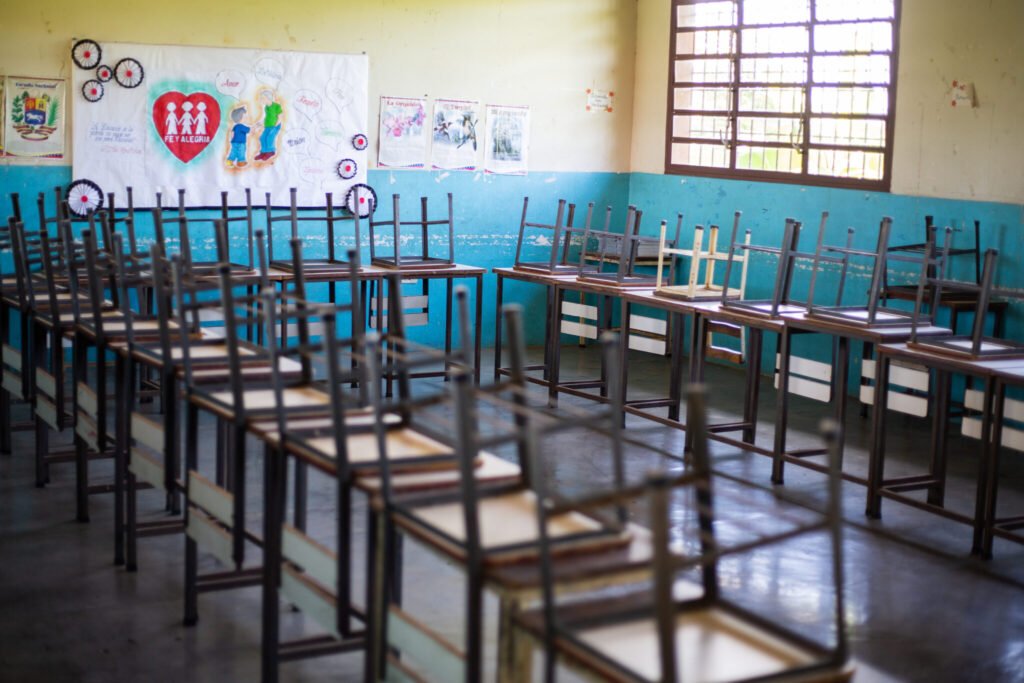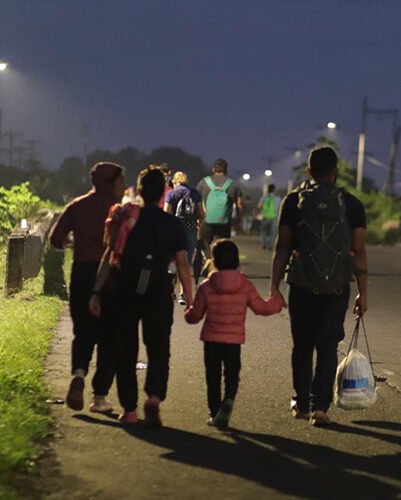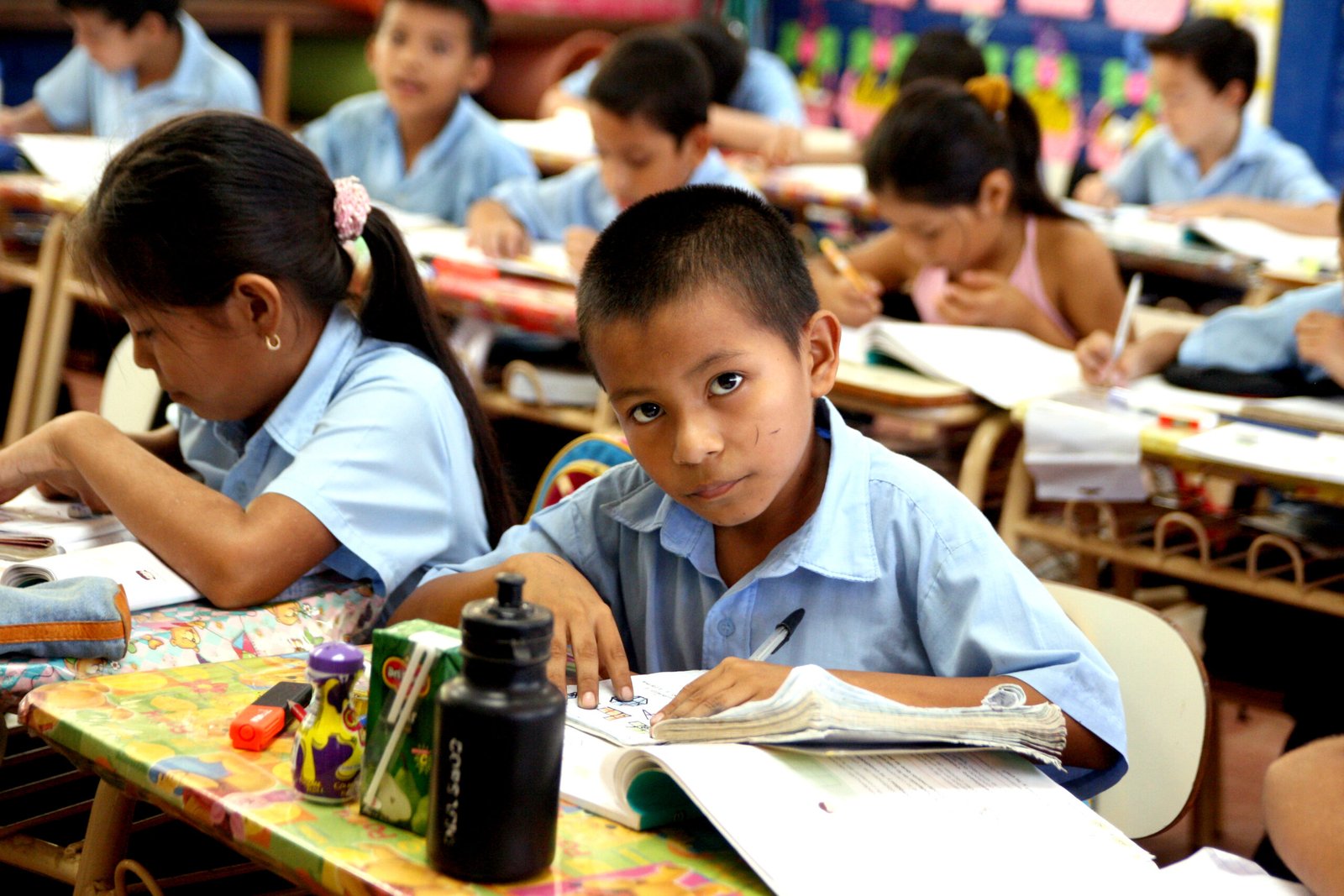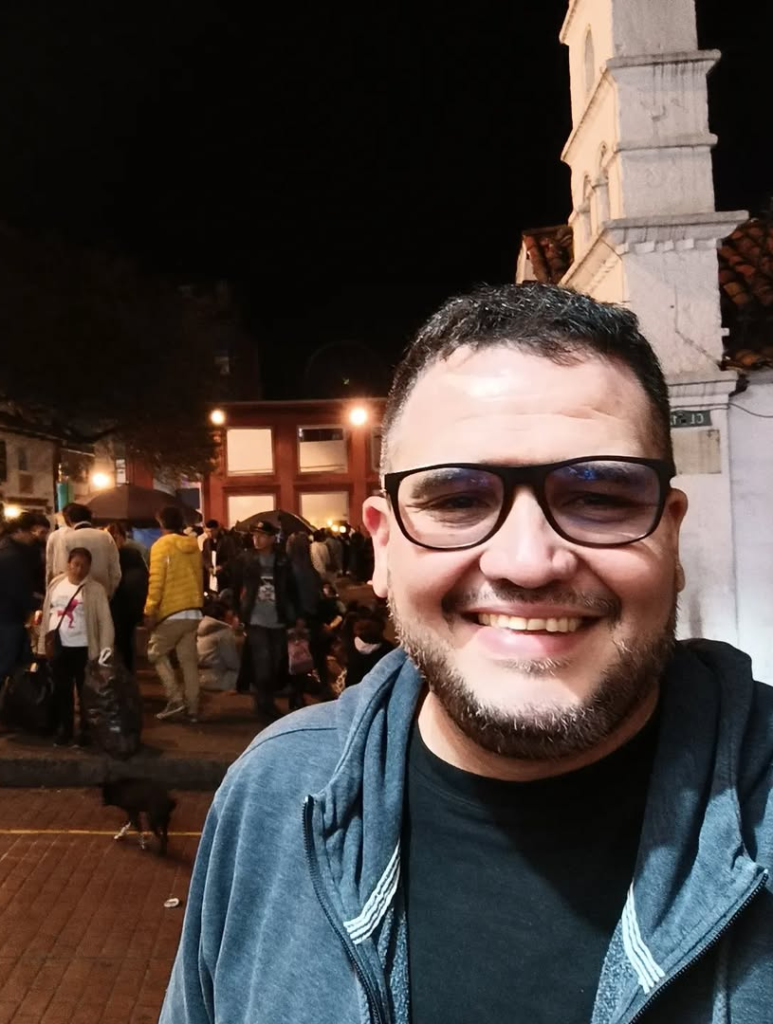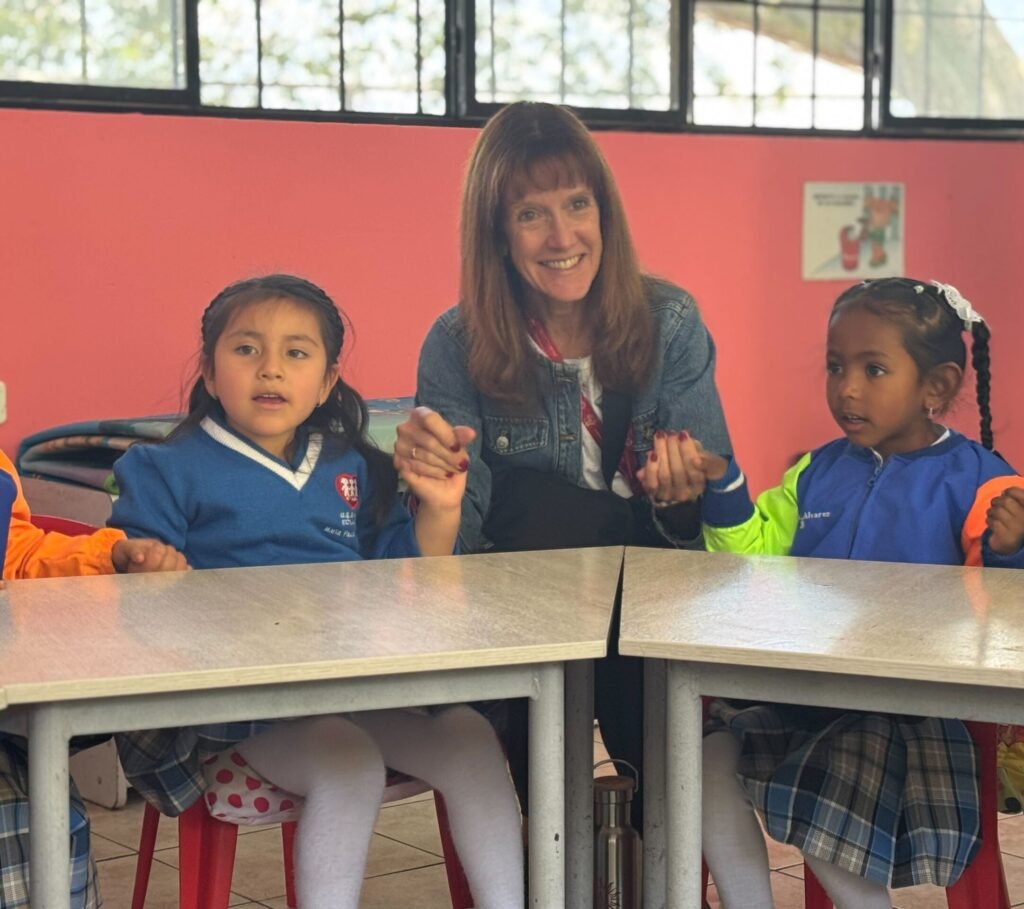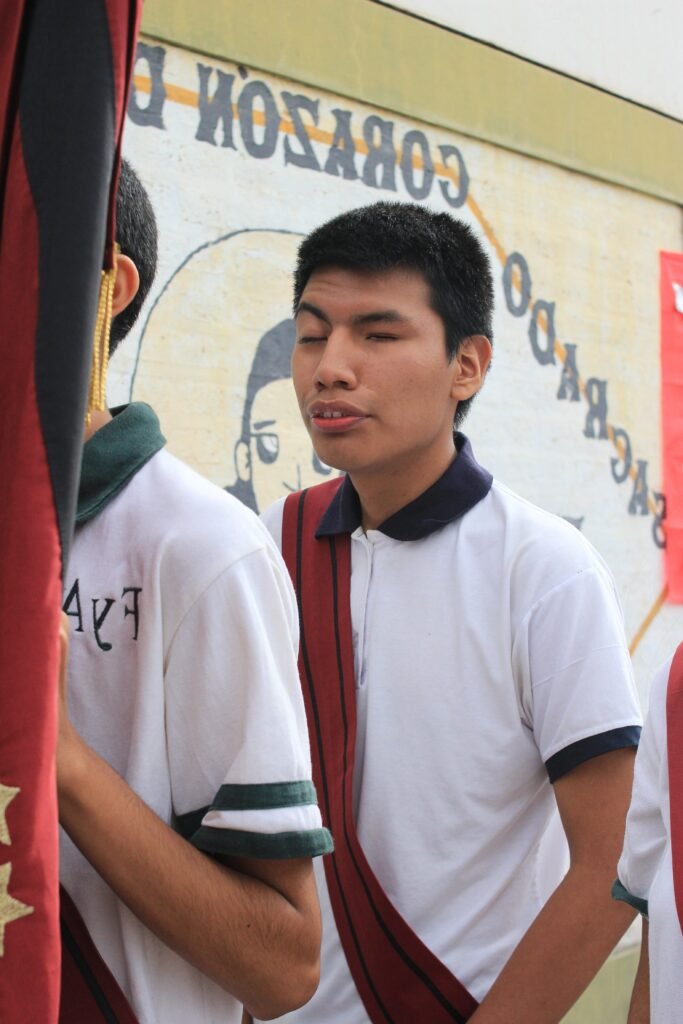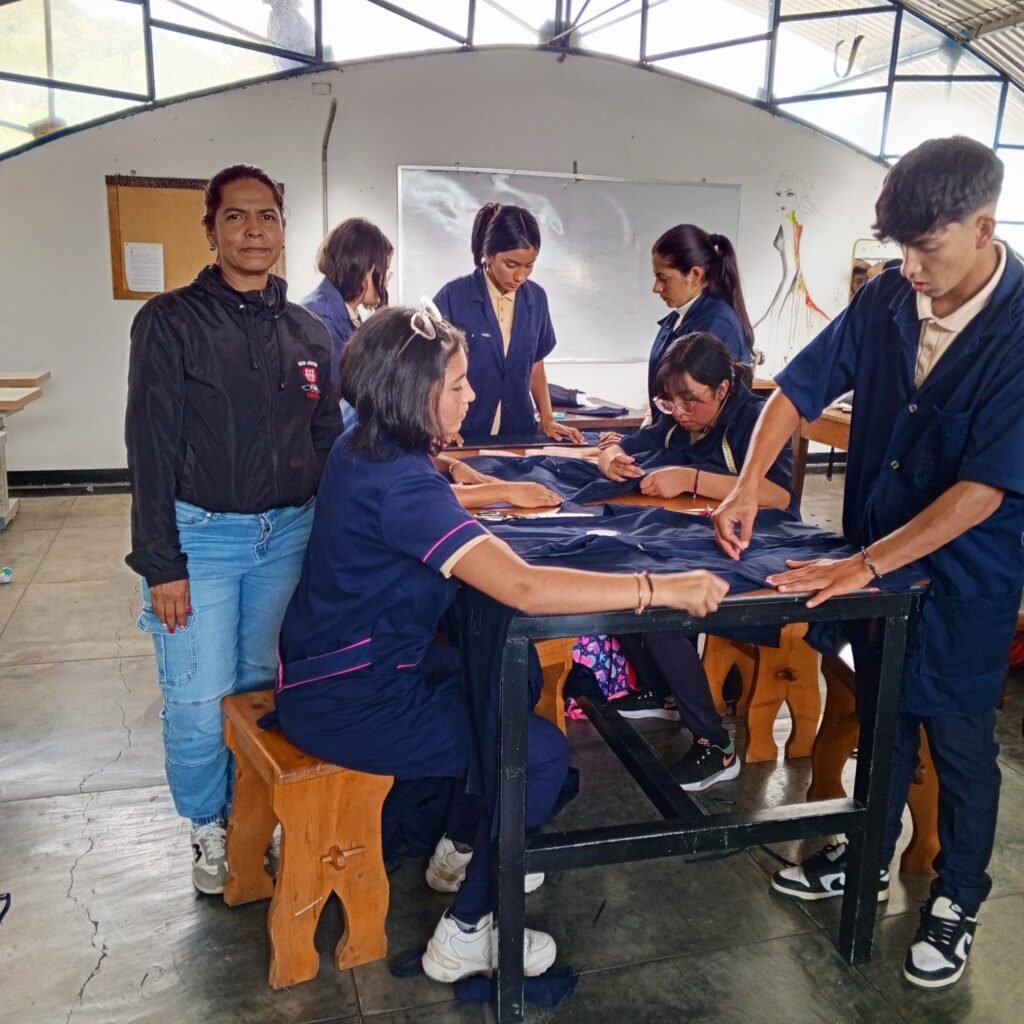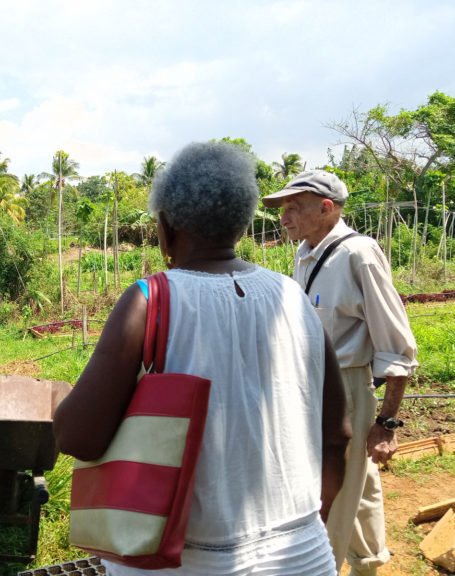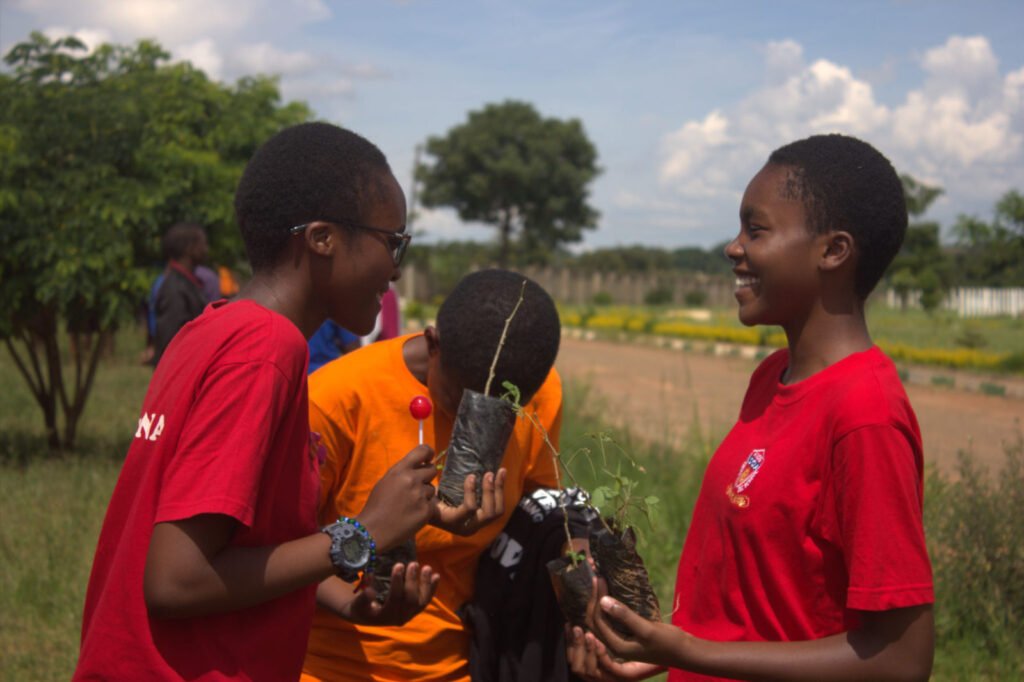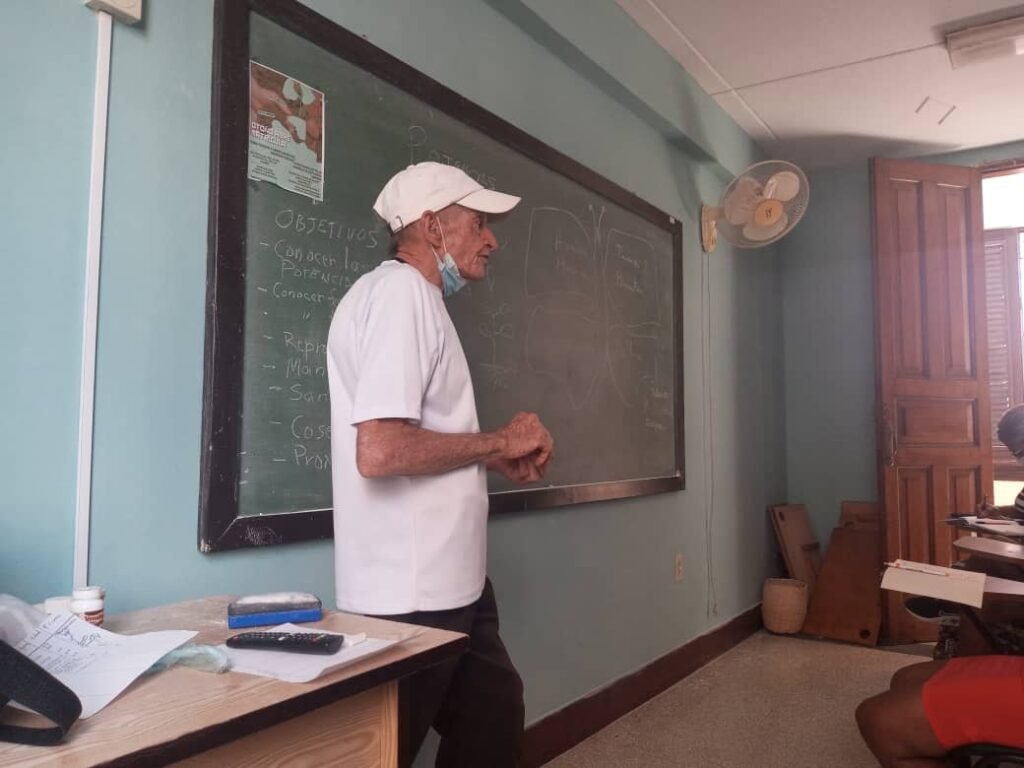American Jesuits International (then Magis Americas) renewed its collaboration with the National Endowment for Democracy (NED), signing a new 18-month grant valued at $190,498 USD. The new grant will allow MA to continue its work with local partners to implement civic education and entrepreneurship classes for marginalized communities in the Global South. The announcement follows completion of a one-year $77,293 grant signed by American Jesuits International (then Magis Americas) and the NED in September 2021.
“We are thrilled to continue our partnership with the NED,” said Nate Radomski, executive director of American Jesuits International (then Magis Americas). “The NED’s mission to grow and strengthen democratic institutions perfectly compliments our mission to build just societies through mobilizing support for Jesuit education, migration, and ecology initiatives. This collaboration is a wonderful opportunity to continue our support and promotion of quality and inclusive education programs in the Global South.”
The program supported by the NED will use community centers to (1) promote civic education and reconciliation through workshops, dialogue sessions, and exchanges; and (2) implement entrepreneurship classes and technical assistance to marginalized communities, with a particular focus on reaching female participants.
Over the last two-plus years, the COVID-19 pandemic has forced more than “100 million people worldwide into poverty and more than 4 billion have little or no social support, healthcare or income protection” as stated by the United Nations. In an effort to support the post-pandemic development of societies we are working in collaboration with local Jesuit partners to promote the development of education projects that focus on strengthening the ability of individuals to participate in their broader economies.
“One of the strongest tools that we have in combating inequality and poverty is guaranteeing all have access to quality education,” said Radomski. “Education is an investment that opens the doors for individuals to become agents in their individual and communal development, giving them the tools and knowledge necessary to become protagonists of their own lives and enabling them to have agency.”
